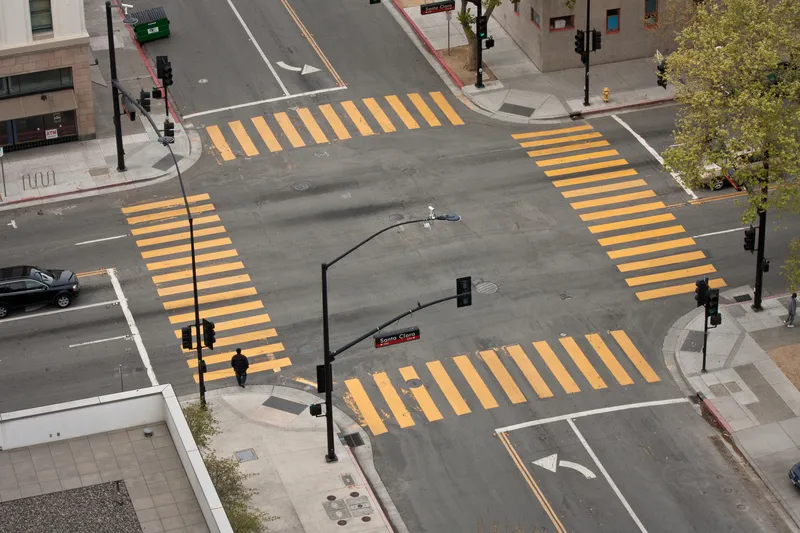Software developed by researchers from the University of Minnesota for the Smart (Systematic Monitoring of Arterial Road and Traffic Signals) signal system automatically collects and processes data from traffic signal controllers at multiple intersections. It then creates performance measures, including information on the times and locations congestion occurs on a roadway.
A new version of the software has been deployed at more than fifty intersections managed by the Minnesota Department of Transportatio
September 26, 2013
Read time: 2 mins
Software developed by researchers from the 584 University of Minnesota for the Smart (Systematic Monitoring of Arterial Road and Traffic Signals) signal system automatically collects and processes data from traffic signal controllers at multiple intersections. It then creates performance measures, including information on the times and locations congestion occurs on a roadway.
A new version of the software has been deployed at more than fifty intersections managed by the2103 Minnesota Department of Transportation (MnDOT), enabling Smart signal to retrieve traffic data direct from signal controllers without any additional hardware instrumentation, reducing both the time and cost associated with implementation.
Researchers are now turning their attention to investigations into how Smart signal could be used as part of an integrated corridor management (ICM) system.
The proposed ICM system would use the performance measures generated by the system to diagnose incidents on signalised arterials and propose new signal control strategies that could be deployed in real time to mitigate traffic congestion.
The system also aims to reduce overall network congestion by using the available capacity of parallel routes, for example, by rerouting traffic from a freeway to a parallel signalised arterial during times of peak traffic congestion or when a crash occurs. In this case, Smart signal could help identify and predict the effects of rerouting travellers to the arterial and then automatically adjust signal timing to compensate for the increased traffic.
The study tested the proposed ICM system using a traffic simulation and results have shown that the system significantly reduces network congestion; the average delay and number of stops per vehicle was reduced and average vehicle speed increased.
A new version of the software has been deployed at more than fifty intersections managed by the
Researchers are now turning their attention to investigations into how Smart signal could be used as part of an integrated corridor management (ICM) system.
The proposed ICM system would use the performance measures generated by the system to diagnose incidents on signalised arterials and propose new signal control strategies that could be deployed in real time to mitigate traffic congestion.
The system also aims to reduce overall network congestion by using the available capacity of parallel routes, for example, by rerouting traffic from a freeway to a parallel signalised arterial during times of peak traffic congestion or when a crash occurs. In this case, Smart signal could help identify and predict the effects of rerouting travellers to the arterial and then automatically adjust signal timing to compensate for the increased traffic.
The study tested the proposed ICM system using a traffic simulation and results have shown that the system significantly reduces network congestion; the average delay and number of stops per vehicle was reduced and average vehicle speed increased.








